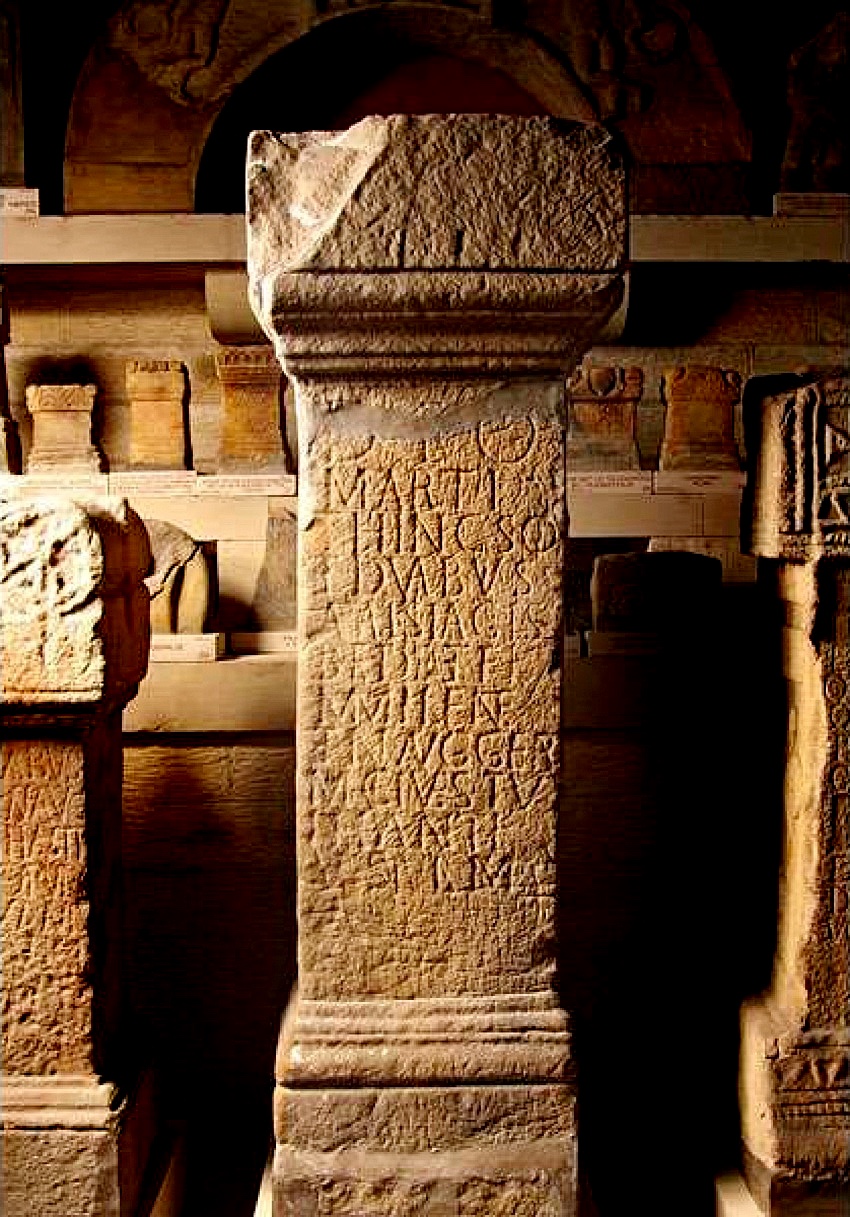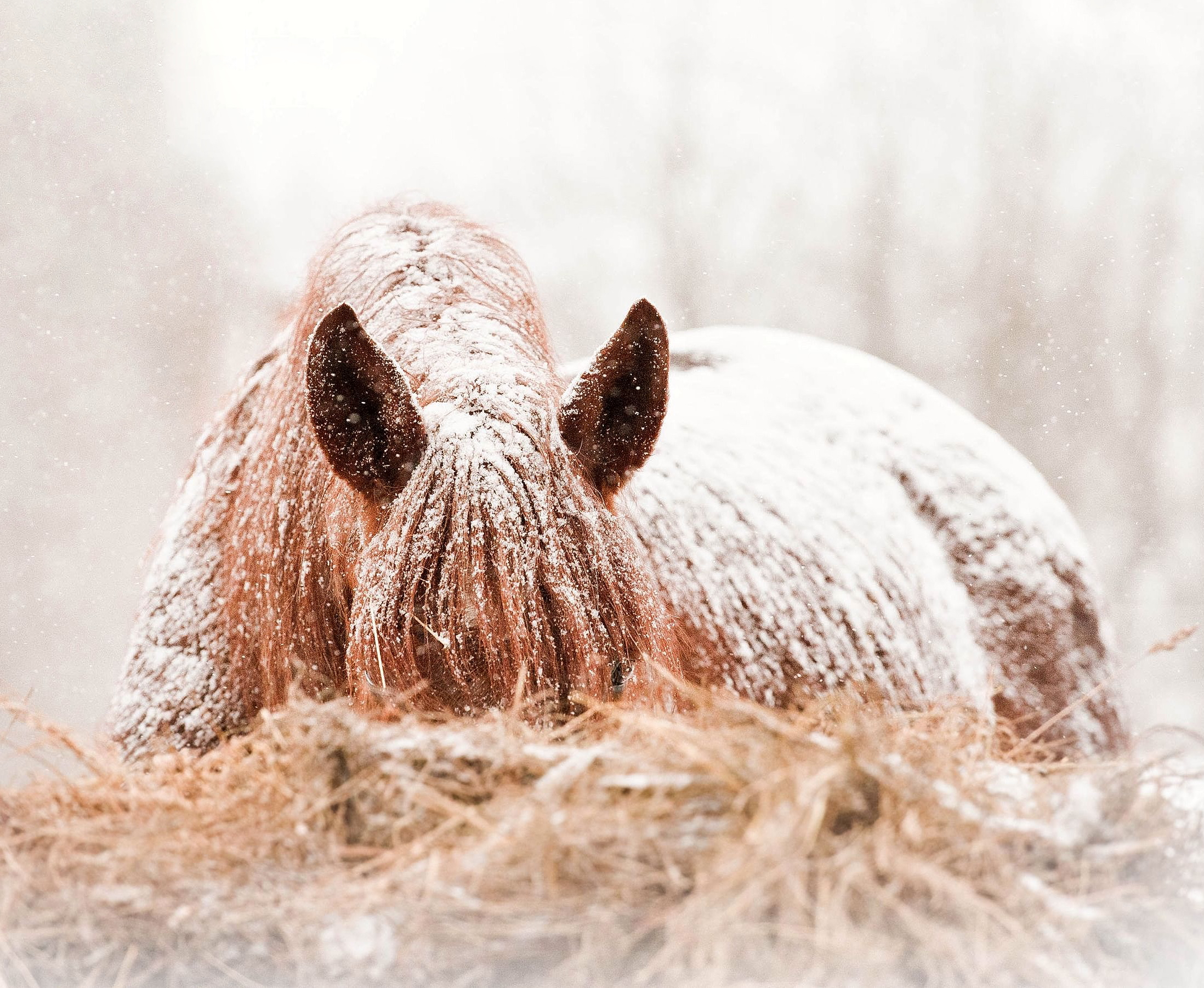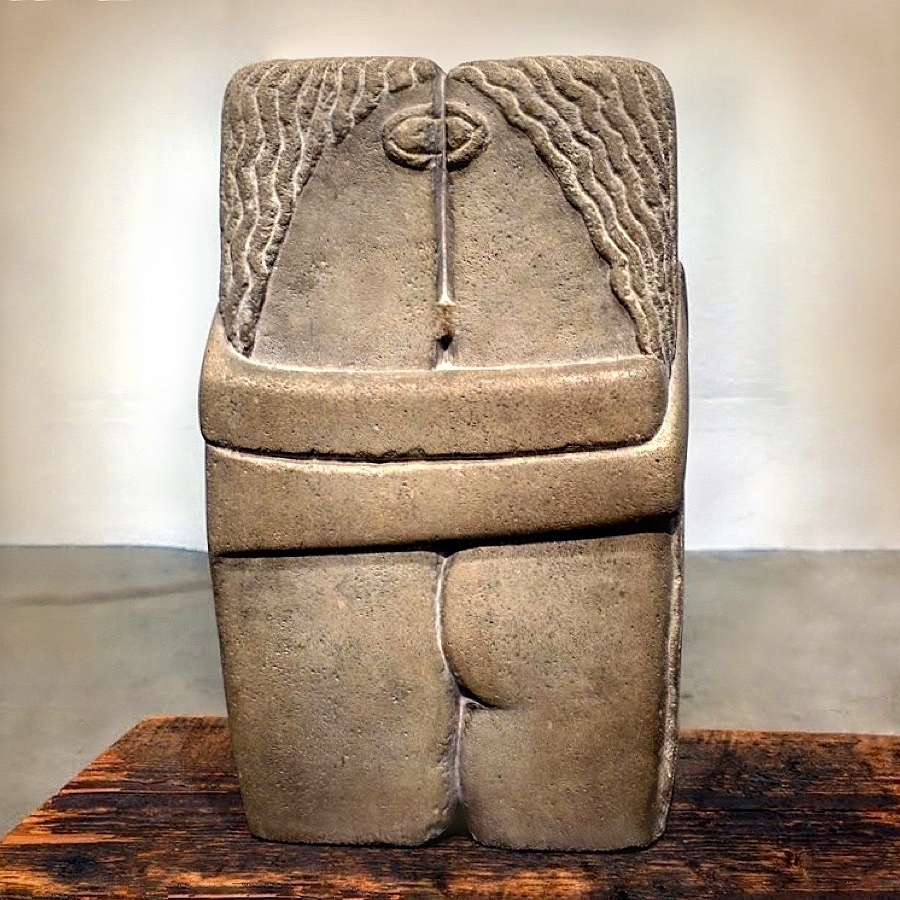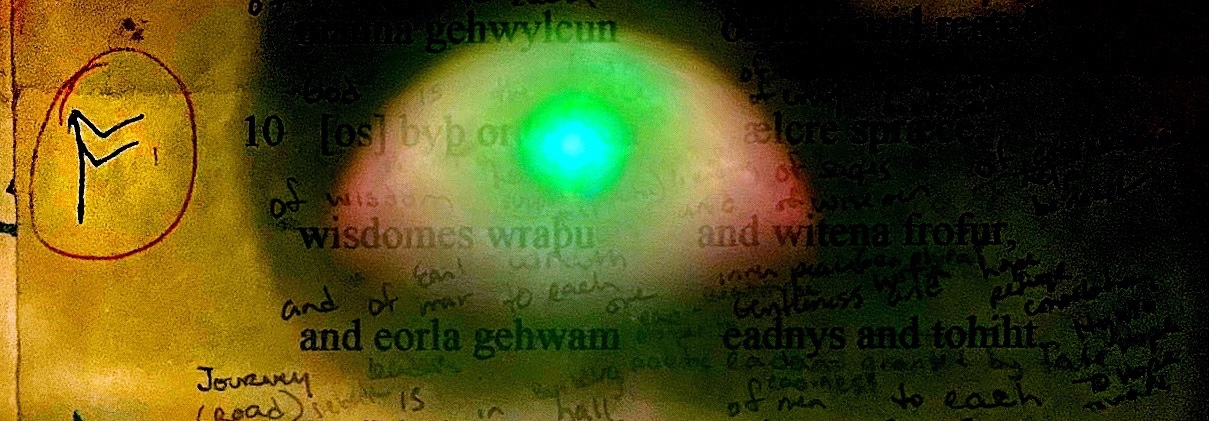 The Rune Poem says Tiw is one of the signs, a tacn, a token. This is the first clue in the riddle. A sign is a clue to something as well; signs symbolize in shorthand something else. A letter in an alphabet is a sign that means a sound and sometimes a whole word. The color of a light hanging over a road is a sign standing as evidence of broader meanings, covenants of mutual trust, expectations of behavior. And signs can be signs for signs, like these: 💰, 🐮, 🌹🌵, 😉, 🛣, 🔦, 🎁, 🤑, ⛈, 💔🆘👂, ❄️, 🌱, 🌲🪦, 🎮, 🧬, 🌅, 🪧⭐⚖, 🌳🔮, 🐴, 🫂🪦, 🌊, 🛒👋, 🏠, ☀, 🌳🌰⛵, 🌳😇👊, 🏹, 🦫, 🪦. These are signs in nested levels of scale. … More
The Rune Poem says Tiw is one of the signs, a tacn, a token. This is the first clue in the riddle. A sign is a clue to something as well; signs symbolize in shorthand something else. A letter in an alphabet is a sign that means a sound and sometimes a whole word. The color of a light hanging over a road is a sign standing as evidence of broader meanings, covenants of mutual trust, expectations of behavior. And signs can be signs for signs, like these: 💰, 🐮, 🌹🌵, 😉, 🛣, 🔦, 🎁, 🤑, ⛈, 💔🆘👂, ❄️, 🌱, 🌲🪦, 🎮, 🧬, 🌅, 🪧⭐⚖, 🌳🔮, 🐴, 🫂🪦, 🌊, 🛒👋, 🏠, ☀, 🌳🌰⛵, 🌳😇👊, 🏹, 🦫, 🪦. These are signs in nested levels of scale. … More
Tag Archives: Snorri Sturluson
T is for Thincso
 During the height of the Roman occupation of Britain, Britannia was as Roman as anywhere else in the empire: filled with flourishing walled market towns distributing goods to and from all the other parts of the Mediterranean world, the culture a mix of Roman and local, all gods welcome. This was the secret sauce in the Roman recipe for empire, everybody got to keep their deities. Delicious. Some gods were adopted by the soldiers and traveling sales teams who moved the most from place to place, others got yoked to a Roman deity, two gods pulling the weight for one: interpretatio Romana Tacitus called this practice whilst naming a pair of gods living in a sacred grove somewhere along the Oder River between Germany and Poland. According to the Roman interpretation these deities were Castor and Pollux but maybe they were some version of Nerþus who was maybe Ing who maybe became Freyr and … More
During the height of the Roman occupation of Britain, Britannia was as Roman as anywhere else in the empire: filled with flourishing walled market towns distributing goods to and from all the other parts of the Mediterranean world, the culture a mix of Roman and local, all gods welcome. This was the secret sauce in the Roman recipe for empire, everybody got to keep their deities. Delicious. Some gods were adopted by the soldiers and traveling sales teams who moved the most from place to place, others got yoked to a Roman deity, two gods pulling the weight for one: interpretatio Romana Tacitus called this practice whilst naming a pair of gods living in a sacred grove somewhere along the Oder River between Germany and Poland. According to the Roman interpretation these deities were Castor and Pollux but maybe they were some version of Nerþus who was maybe Ing who maybe became Freyr and … More
War and Peace
 During the time of the Rune Poem, a properly kitted warrior owned a decent war horse to take to battle. These were bigger horses than the usual so they could handle a person wearing heavy armor, and they could even bite and fight with their hooves. With the right war horse, you can be unstoppable. Almost. What can stop a war horse? Ice. Ice is brutal for horse hooves. It can ball up under their feet until they are teetering on their own personal ice cubes. Have you ever fallen on ice? That’s not a soft landing. A horse can easily slip and break a leg on the frozen dips and grooves in a road, and if they fall right through a frozen lake or river good luck getting them back out. Have fun with that. A war horse, large and powerful, formidable in battle, is handily defeated by ice.
During the time of the Rune Poem, a properly kitted warrior owned a decent war horse to take to battle. These were bigger horses than the usual so they could handle a person wearing heavy armor, and they could even bite and fight with their hooves. With the right war horse, you can be unstoppable. Almost. What can stop a war horse? Ice. Ice is brutal for horse hooves. It can ball up under their feet until they are teetering on their own personal ice cubes. Have you ever fallen on ice? That’s not a soft landing. A horse can easily slip and break a leg on the frozen dips and grooves in a road, and if they fall right through a frozen lake or river good luck getting them back out. Have fun with that. A war horse, large and powerful, formidable in battle, is handily defeated by ice.
Ing is for Nerþus
 In the Old English Rune Poem, Ing is specifically masculine pronoun male. He’s a boy. But where Ing came from amongst the East Danes of what is now eastern Denmark and Southern Sweden, Ing appears to be a deity who was sometimes male, sometimes female, sometimes both at once. This is not uncommon, there are crowds of intersexed deities in world belief systems. I was going to list them. I don’t have enough space. But anywhere we look, there they are, including if we look toward Ing’s people. We have to look close, we have very little to go on.
In the Old English Rune Poem, Ing is specifically masculine pronoun male. He’s a boy. But where Ing came from amongst the East Danes of what is now eastern Denmark and Southern Sweden, Ing appears to be a deity who was sometimes male, sometimes female, sometimes both at once. This is not uncommon, there are crowds of intersexed deities in world belief systems. I was going to list them. I don’t have enough space. But anywhere we look, there they are, including if we look toward Ing’s people. We have to look close, we have very little to go on.
We also have to look at Ing’s people at the wrong times which is always tricky. Ing is called Ing in the Rune Poem, which was most likely written down in the 600’s but is probably several hundred years older than that. The runes themselves are certainly older. When Ing is called Ing in the … More
Translating Os
 Os means God, non specified, though this stanza might be talking about a specific one. There are other specific gods in the Rune Poem. Tiw is here. So is Ing. We don’t know much about Ing. We don’t know much about any of the Gods the rune carvers were listening to. We do know the Nordic ones thanks largely to the thirteenth century Icelandic poet Snorri Sturluson, who compiled folk traditions into stories for a Norse king who liked his entertainment. Britain also being a North Sea culture, there was plenty of overlap. There’s not much written about the deities in Old English, though. Most everybody doing the writing was Christian, so. They had an agenda. These Christians preferred a reduction of the Gods down to a singularity, a point encompassing all other points, so the extra Gods they’d encounter tended to disappear.
Os means God, non specified, though this stanza might be talking about a specific one. There are other specific gods in the Rune Poem. Tiw is here. So is Ing. We don’t know much about Ing. We don’t know much about any of the Gods the rune carvers were listening to. We do know the Nordic ones thanks largely to the thirteenth century Icelandic poet Snorri Sturluson, who compiled folk traditions into stories for a Norse king who liked his entertainment. Britain also being a North Sea culture, there was plenty of overlap. There’s not much written about the deities in Old English, though. Most everybody doing the writing was Christian, so. They had an agenda. These Christians preferred a reduction of the Gods down to a singularity, a point encompassing all other points, so the extra Gods they’d encounter tended to disappear.
The word Os was disappearing too, by the … More


